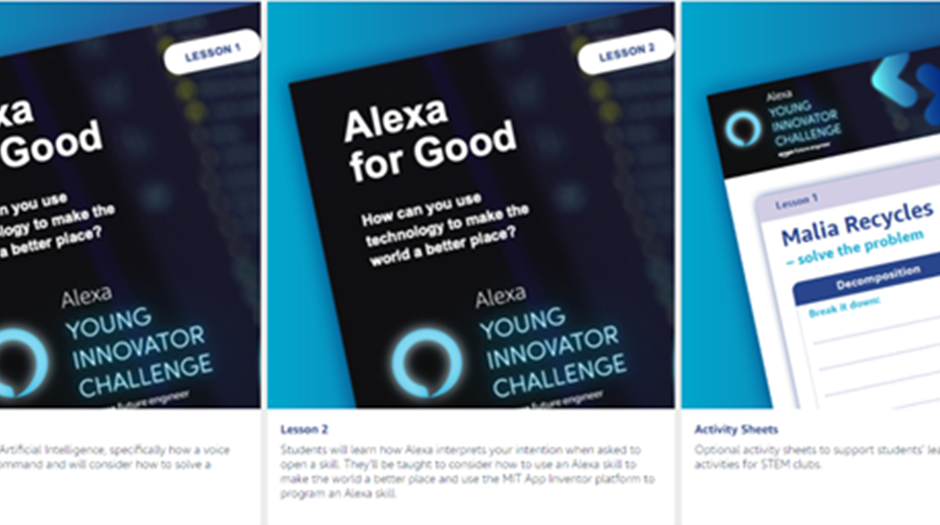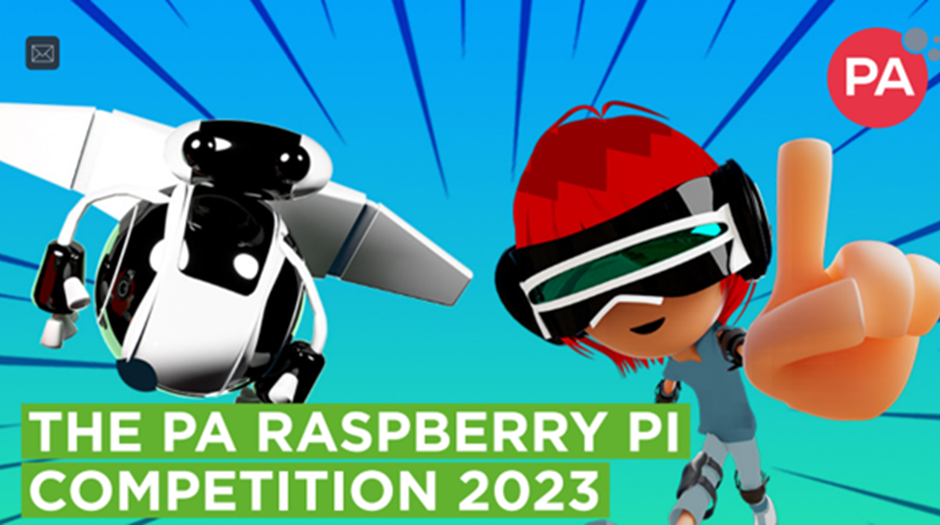17 November 2022
Current Computing Competitions




Why competitions?
If you give a class a big task they can sometimes lack motivation to complete it.
If you call the task a “challenge”, they may work harder.
If you provide a prize and call it a “competition”, there’s a tangible sense of purpose with some choosing to go the extra mile.
If someone else provides the prize and also links the competition into the computing curriculum then – as a teacher - I’m interested!
I love computing competitions and I’m often asked by parents, students and other teachers what opportunities there are for students to get involved, win prizes and learn something fun at the same time. Here are a few recommendations of Computing related competitions that my students have really enjoyed that are open at the time of writing (Nov 22)
Dress Code Christmas Challenge:
Students need to design a Christmas themed game that features or mentions Santa.
Dress code exist to close the gender gap in Computing Science in Scotland but all primary and secondary students in the UK / Ireland can win prizes. Students from further afield can take part but can’t win prizes. Dress code run regular seasonal challenges which my students have loved: I’ve had a girl win a Makey Makey Go (which you can turn a bowl of jelly into an input device) for a past advent code breaking challenge and a boy win a Divoom Pixoo (which is a cross between a Bluetooth speaker and an intelligent pixel art photo frame) for designing a game.
The dresscode competitions are brilliant because they’re accessible enough for students to do in their own time: all a teacher needs to do is send off the entries. You can find out more here: https://www.dresscode.org.uk/competitions/christmast-coding-comp
PA Consulting Raspberry Pi Competition
Students from the UK or RoI compete in different categories from KS1-KS5 to design and create a solution using a Raspberry Pi with the theme of “accelerating energy transition”. The support, resources and communication from the organisers was brilliant last year and they’re offering a free Raspberry Pi kit for the first 100 schools to sign up. I had two teams (Y7 and Y11) take part during STEM club last year by submitting a video and log of their creations. They were invited to a spectacular event in London for the final but missed out on winning due to the stunning quality of other entries. This competition takes more time and effort for students than the Dress Code competition but the £1000 top prize in each category reflects that. It’s a potentially life changing opportunity for the teams of students who take part. You can find out more here: https://www.paconsulting.com/culture/giving-back-and-volunteering/raspberry-pi-competition-uk
Your Voice Is Power
I’ve been looking for music and computing cross curricular activities that open up the creative opportunities of coding to a broader range of students. Amazon, Georgia Tech, CAS and YELLOW have put together a competition that ticks all of those boxes.
Students (age 11-18) use a free online platform to write python code to create a remix of a Pharell Williams track which promotes both entrepreneurship and advances racial equity. I introduced it last week at Game Dev Club and students loved being able to see the audio tracks that their code generated and hear their soundtrack coming together as they experimented with variables and loops.
The top prize is £500 for students but I’ve got my eye on the £2000 for the winning school! You can find out more here: https://www.amazonfutureengineer.co.uk/your-voice-is-power
Alexa Young Innovator Challenge
As well as sponsoring Your Voice Is Power, Amazon have just launched their Young Innovator Challenge for students aged 13-18 where the winner can take home £2,500 of tech goodies and earn £2,500 for their school. The resources guide students through how to use the MIT App Inventor online platform to create their own AI powered activity for an Alexa smart speaker. You don’t need any specialist kit to write or test the code and it’s a fascinating hands-on way to explore the impact of AI on society. I haven’t tried this out with students yet but the resources look excellent.
You can find out more here: https://www.amazonfutureengineer.co.uk/ayic
If you want to discuss any of these (or many more great competitions, like CyberFirst, Bebras or BAFTA Young Games Designer Award) then do join the conversation on the Computing At School forum. I’d love to hear what your students have been involved in and what other opportunities there are.











Discussion
Please login to post a comment
Great post! There is also this shared, older, but longer, list of competitions in our resource bank.
This list should be editable by any CAS member – do add new competitions, and delete dead ones!
Simon